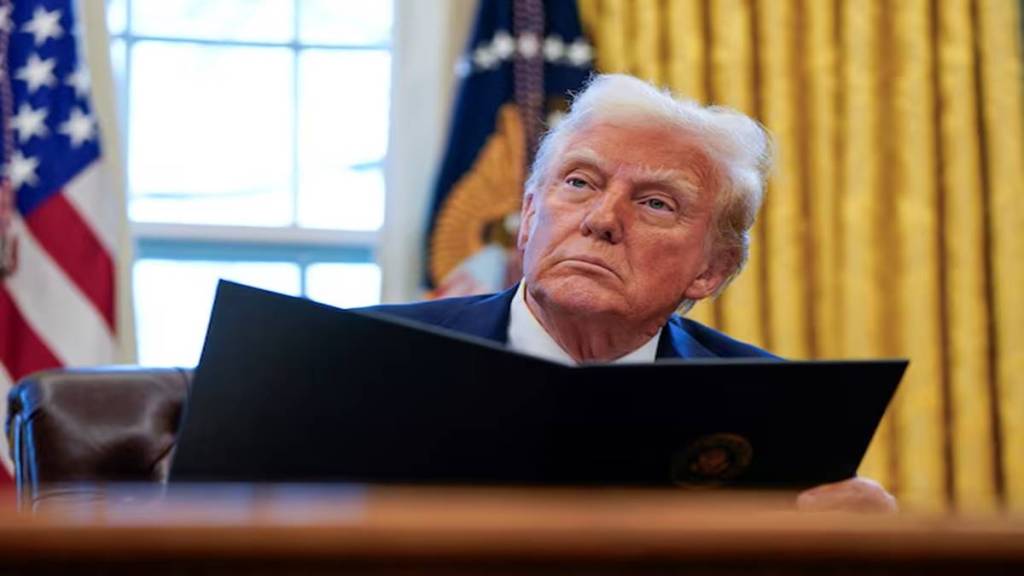US President Donald Trump confirmed that his administration would impose new tariffs starting today (February 1), with no possibility of delay. The tariffs will include a 25% duty on goods from Canada and Mexico along with a 10% levy on China imports. Trump declined any negotiations to postpone the measures, highlighting that they will continue in place until the affected countries execute stronger actions to restrict illegal immigration and trafficking of fentanyl into the US.
Although Trump has indicated that he may reduce tariffs by 10% for Canadian oil, he reasserted that border duties on oil and natural gas would begin from February 18 onwards. His statement resulted in a rise in oil prices as markets reacted to the policy shift. While Trump has acknowledged that the tariffs may lead to short-term disruptions and higher consumer costs, he has devalued concerns related to financial market volatility.
Tariff Impact
Economists have warned that import duties and potential measures could slow global economic activity. After the announcement, the Canadian dollar and Mexican peso weakened, US stock markets ended lower, and Treasury bond yields surged. Despite reports signalling a possible delay in collecting duties until March 1, the White House has strongly denied any postponement.
White House spokesperson Karoline Leavitt has confirmed that the tariffs would come into effect immediately. The US administration also blamed China for its role in the fentanyl crisis.
Trump has also indicated that more tariffs are also being considered on European imports, semiconductors, steel, copper, pharmaceuticals and on aluminium. He stated that duties on steel and aluminium will start soon whereas on copper will take longer time.
(With inputs from Reuters)


